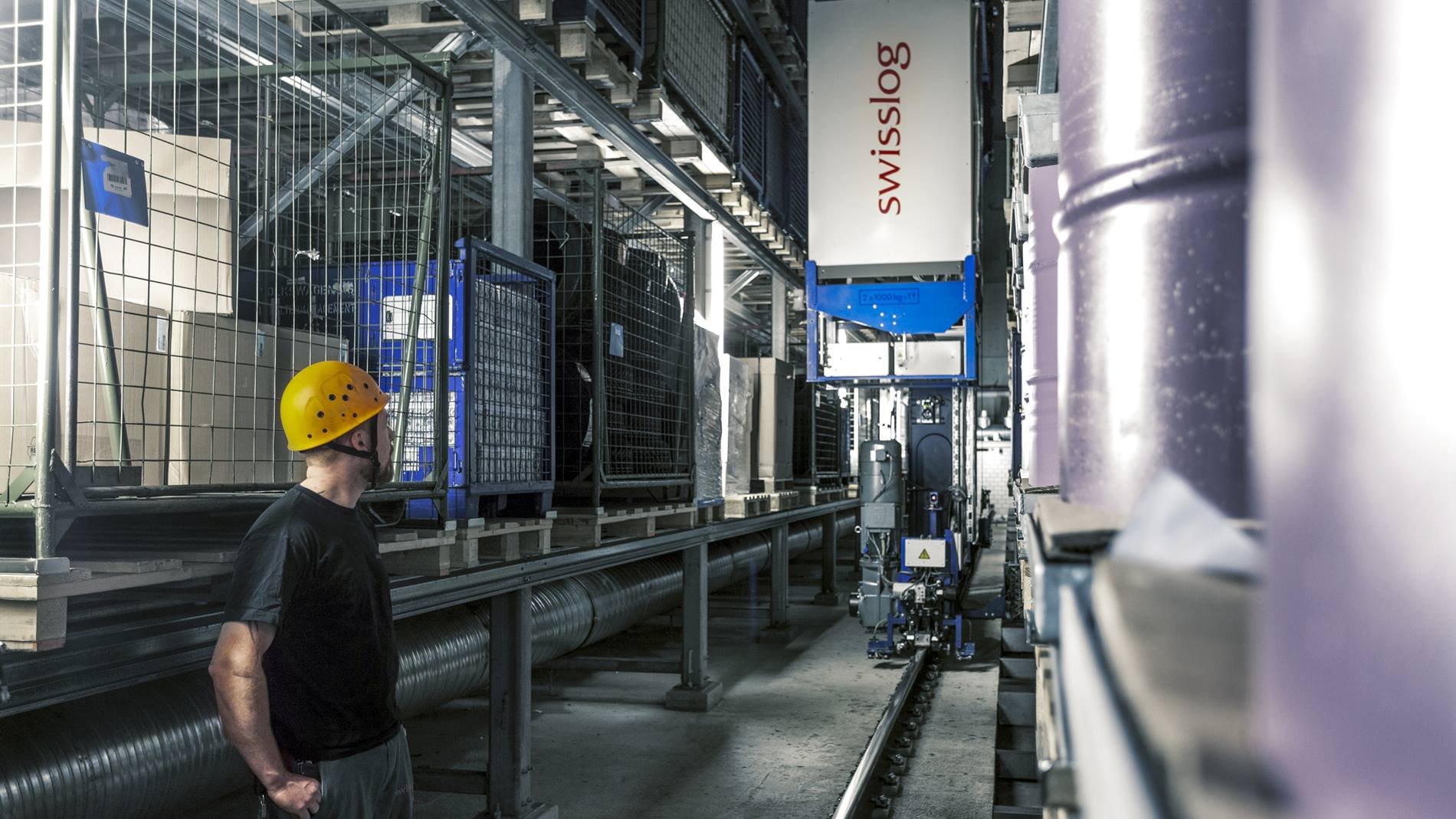
Recognizing the True Heroes in Warehouse Automation
26 March, 2018
Warehouse managers aren’t interested in automation because it’s the next big thing. They are interested in running faster, more efficient warehouses. When they succeed, we succeed.
One thing I consistently communicate to our team at Swisslog Logistics Automation is that no warehouse manager wants to automate for the sake of automation.
Usually, what they want is faster processes so they can better serve their customers. Or, they want to reduce operating costs to protect against margin erosion. Or spend less time and energy recruiting and training new workers.
The truth is, if they could accomplish those goals without automation, they would. There is risk involved in any significant operational change and a good manager is careful with risk.
But business as usual is no longer feasible. New retail channels are driving the need for greater speed and efficiency. New competitors are putting pressure on already lean margins. A tight labor market is making it harder and harder to keep warehouses fully staffed. And, product lines continue to expand, straining storage space and increasing pick times.
The risk of maintaining the status quo now outweighs the risk of change.
Forward-thinking managers recognize that and are taking the steps to move their organizations forward in the face of unprecedented change.
When they succeed—and our mission is to help ensure they do—they position their operations for success in this hyper-competitive environment. And, they demonstrate to their organizations and the industry how to transform the disruptive changes occurring today from a liability to an asset.
That’s what makes them the true heroes of warehouse automation.
Making the right technology decisions certainly contribute to that success. Modular and flexible automation can support a range of business goals—including increasing throughputs, reducing costs, improving productivity and all of the above—while maintaining the flexibility to adapt to the next wave of change.
Equally important are the processes and people behind the technology. For example, we’ve developed processes that systematically turn software customizations for one customer into standard features for the next. We also proactively communicate with our customers throughout the deployment of a new system to identify opportunities for improvement that we can not only apply to that situation, but potentially bring to other customers as well.
We’ve also made significant investments in our Global Help Desk facility in Newport News, Virginia, enhancing our ability to perform remote troubleshooting and condition monitoring while creating the foundation for service delivery through augmented reality.
Most recently we’ve aligned our organization in the Americas to provide better access to our deep domain expertise within key industry segments. Our business units in the Americas now include:
- E-commerce/Retail
- Consumer Goods
- Production Logistics
- Latin America
This is an important development for our customers because each of these segments faces different challenges today and consolidating our expertise within these four business units allows us to better guide our customers as they navigate these challenges. Each unit consists of a team of specialists with extensive experience in that segment and is led a dedicated industry expert that is personally responsible for customer satisfaction and continued innovation.
If you have questions about our solutions, they are prepared to answer them. More importantly, they are prepared to listen to your unique challenges and use their expertise and experience to help you find the right path forward.




